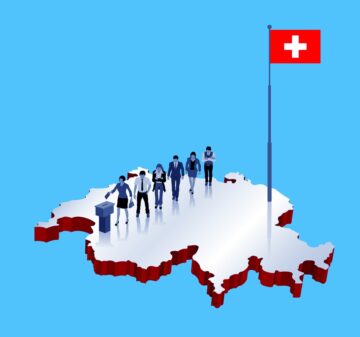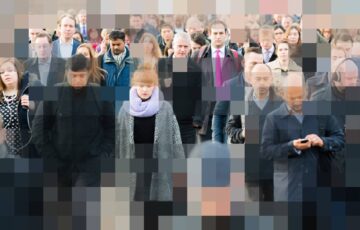Digital Government
The first question is: What will the state of the future look like? Digitalisation creates new possibilities for the organisation of the political-administrative system. The execution of tasks can be supported with intelligent digital tools or even completely automated. Processes can be organised and interconnected more efficiently, effectively and sometimes even completely differently than before. Administrative services can be better adapted to actual needs and personalised. The potential for innovation is huge and growing.
But the reality is often different. Many state institutions were unable to introduce a home office during the Covid-19 health crisis because the infrastructure requirements were lacking. When it comes to e-government buses, most people think of an information bus that travels from city to city. And they don’t want to hear anything about personalised portals for 10 years. That’s why the second question is: How do we get to the state of the future? How do we deal with the situation that growing complexity, acceleration of social change and a mix of technology and anti-institutional narratives are putting increasing pressure on the state? Or do we actually have to ask ourselves a third question: How can we reorganise the state’s guarantee tasks or even democratic processes with technology in an institution-free way?










 Contributions as RSS
Contributions as RSS